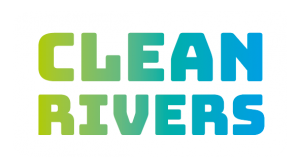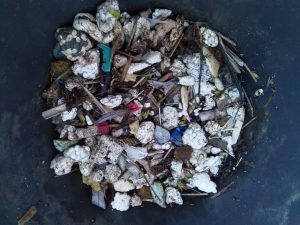Take action for clean rivers

The issues surrounding the pollution of the Dutch rivers has brought together three non-profit organizations (IVN, PSF & SDN) that have collectively founded Schone Rivieren (Clean Rivers). The Netherlands is a country of water, and rivers are our pride. Plastics and other litter do not belong in these rivers, but our rivers are drowning in polluters. Through our rivers, this litter ends up in our seas and oceans, where it adds to the plastic soup. That is why we need to take action now, to prevent further environmental degradation.
Webinar: Blueprint for reducing plastic pollution in rivers through citizen science
How do you build a program that tackles river litter pollution? In this webinar recording we present to you the blueprint of our Clean Rivers project. An interactive webinar to share experiences, knowledge and future collaborations. Join us for plastic free rivers in 2030!
How to get started:
- Watch the recording of the Blueprint webinar (English spoken) that took place on the 31st of August 2021 to the right.
- Download the sheets of the Blueprint presentation.
- Download the Clean Rivers tallysheet (English).
What we do
We have four main pillars where we take action together with volunteers, other organizations and governmental institutions:
- River cleanups
- Research on river litter
- Exploring the rivers
- Finding solutions
With these four pillars we will:
- Prevent plastic litter from polluting our rivers, city waters, streams, ditchers and sewer systems.
- Work on behavioral changes by raising awareness about plastic pollution.
- Research new possibilities for waste management techniques.
- Encourage organisations to use plastic waste to create high-end produce, and thereby stimulating circular economy.
- Address the sources of the plastic waste issue.
If you’d like to receive more information about Schone Rivieren please contact us!
Contact formResults Spring monitoring 2022
During the last monitoring by Clean Rivers an alarmingly large amount of polystyrene foam was found along the Dutch river banks. Pieces of polystyrene foam were found on 70 percent of the banks, an average of 80 pieces per 100 metres. Clean Rivers is very concerned about the polystyrene foam pollution and urgently calls on the government to develop stronger laws and regulations. In the meantime, we urge the industry to self-regulate.
